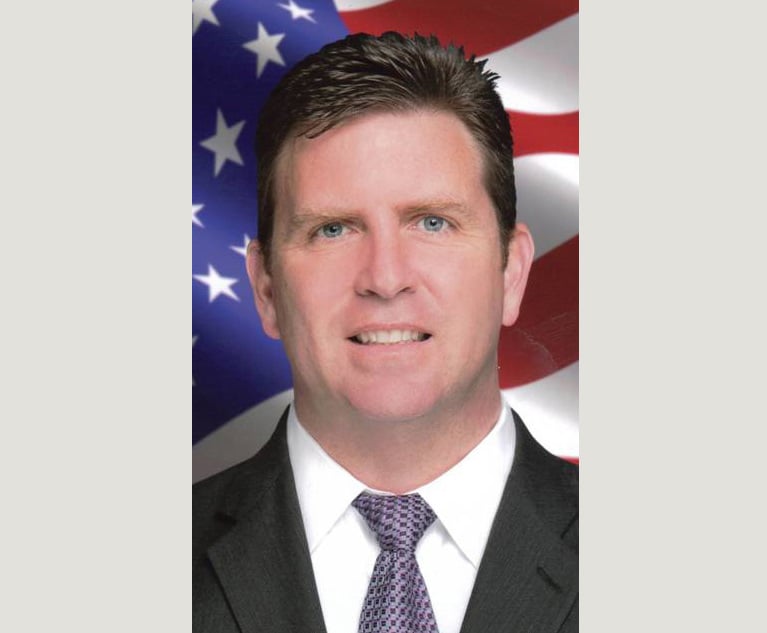Supporters of an effort to allow adult use of marijuana by people age 21 or older urged the Florida Supreme Court to sign off on a proposed constitutional amendment for the 2024 ballot.
A brief filed by lawyers for Smart & Safe Florida, a political committee sponsoring the initiative, assailed arguments by Attorney General Ashley Moody aimed at keeping the proposal off the ballot. They described her arguments as a “thinly veiled policy agenda.”
Moody last month filed a brief contending the Supreme Court should reject the measure, saying it is “misleading to voters in several key respects.”
The sponsor’s attorneys, however, said they relied on the court’s own “road map” in rulings about recent marijuana-related initiatives to craft the current proposal.
“But the attorney general and other opponents now argue that this court should abruptly redraw the map. The attorney general’s lead argument is that this court should discard three of its recent precedents — precedents that it expressly encouraged ballot sponsors to use as blueprints for drafting future initiatives. The attorney general even goes so far as to suggest that this court should abandon the deferential standard of review that it has consistently applied to ballot initiatives for decades, essentially arguing that this court committed legal error in dozens of decisions, and that it should invent a new, more lenient standard for discarding precedent,” Wednesday’s brief said.
The court twice ruled that previous initiatives aimed at authorizing adult use of marijuana did not meet constitutional muster. Under the Florida Constitution, ballot initiatives must not be confusing to voters and must address a single subject.
The Smart & Safe Florida committee has submitted more than the nearly 900,000 petition signatures required to get the “Adult Personal Use of Marijuana” initiative on the ballot. Trulieve, the state’s largest medical-marijuana operator, has contributed nearly $40 million to the effort. Court approval is the last hurdle for the initiative to be placed on the 2024 ballot.
The proposed ballot summary, in part, says the measure would allow “adults 21 years or older to possess, purchase, or use marijuana products and marijuana accessories” for nonmedical consumption.
In a brief filed June 26, lawyers for Moody’s office said the summary is “incorrect and misleading,” because marijuana remains illegal under federal law.
“In previously approving similarly worded ballot summaries, the court erred,” the state’s lawyers argued.
But the sponsor’s brief Wednesday said the court should “reject these misguided efforts to jettison established legal rules in services of a thinly veiled policy agenda.”
The sponsor’s lawyers noted that the court twice allowed medical-marijuana proposals to appear on the ballot. A 2014 medical-marijuana initiative failed to garner 60% of voter approval required for passage, but voters overwhelmingly approved a similar measure two years later.
The court in 2021 rejected an adult use marijuana initiative, in part, because the ballot summary failed to address federal law. The summary could have led voters to believe the proposal would have eliminated federal penalties, the court found.
Wednesday’s brief said the Smart & Safe Florida proposal follows the court’s guidance.
“In drafting the present Initiative, SSF [Smart & Safe Florida] has followed that clear roadmap,” the brief said. “The initiative’s summary explains that the amendment ‘[a]pplies to Florida law’ and ‘does not change, or immunize violations of, federal law’ — tracking the language this court has already approved. Yet the attorney general now asks this court to suddenly change course, holding that the language previously approved — repeatedly and unanimously — is no longer sufficient, despite this court’s description of that language as the model for sponsors just two years ago.”
But the court has undergone a major shift in makeup and ideology since approving the medical-marijuana initiatives in 2014 and 2015. Since taking office in 2019, DeSantis secured a conservative majority on the seven-member court, after the mandatory retirements of longtime Justices Peggy Quince, Barbara Pariente and R. Fred Lewis. The governor, who is running for president, has appointed five of the court’s seven sitting justices.
The court’s handling of the Smart & Safe Florida proposal is drawing widespread attention as Americans grow more comfortable with the use of marijuana for medical and adult use purposes. Marijuana operators and investors are eager for Florida, the third most populous state in the nation, to join the nearly two dozen states that have already authorized adult use.
Under the proposed amendment, Trulieve and other medical-marijuana operators licensed by the state would be allowed to begin selling marijuana to adults for personal, nonmedical use.
Moody and other opponents, including the Florida Chamber of Commerce, “advance a series of poorly conceived arguments that variously conflict with this court’s precedents, misconstrue the amendment’s text, or fall well short of showing that the amendment is clearly and conclusively defective,” the brief filed Wednesday said. “In truth, the opponents simply oppose eliminating the state-law ban on the adult personal use of marijuana as a policy matter, and they are seeking to enlist this court to prevent the voters from deciding their constitutional rights for themselves.”
The libertarian Cato Institute and the Medical Marijuana Business Association of Florida also filed briefs Wednesday in support of the proposal.
The Medical Marijuana Business Association of Florida said the state has “one of the most robust regulatory frameworks in the country.”
The association took issue with arguments by Moody’s office that the initiative is misleading because it fails to disclose that marijuana could be “unregulated for at least some substantial period” because it would not require legislative or regulatory implementation.
The state already regulates marijuana through the Department of Health, and marijuana would continue to be regulated if the amendment passes, the association’s lawyer, Jonathan Robbins, wrote
“The only immediate effect of the proposed amendment is that adults 21 years or older may purchase marijuana … for personal use without holding a state-issued qualified patient ID card. The argument is also speculative and fails to prevent ballot placement,” he added.
Dara Kam reports for the News Service of Florida.
NOT FOR REPRINT
© 2024 ALM Global, LLC, All Rights Reserved. Request academic re-use from www.copyright.com. All other uses, submit a request to [email protected]. For more information visit Asset & Logo Licensing.


 Photo by Baatun/Shutterstock.com
Photo by Baatun/Shutterstock.com




